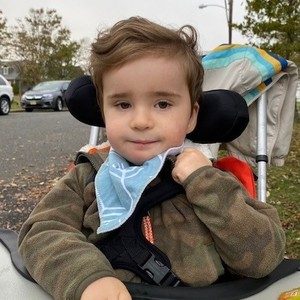Lucas
Share This Post
Growing up, I always wanted to advocate for those in need and to fight for what was right. Never in a million years would I have thought that fight would be for my son’s life. In fact, it wasn’t just one battle, but an endless series of battles that began the day Lucas was born and continues to this day- fourteen years later, with no end in sight. With nineteen medical specialists, twenty-two daily medications, and continuous medical supplies, getting Lucas the medical care he needs is not our family’s only challenge. Parents of children with rare diseases face an uphill battle with the healthcare system, insurance companies, medical supply companies, and the education system. In addition, we are tasked with finding appropriate doctors, nurses, therapists, and teachers who genuinely want to be a part of our team.
Ever since Lucas was an infant, we were told he did not follow the medical school textbook. He would write his own story and show the world how unique he is every step of the way. In fact, after thirteen years of medical mysteries, developmental delays, medical symptoms, and neurological regressions that we were told “should not be happening,” Lucas did prove to the world he was truly unique. The first round of genetic testing when Lucas was three years old failed to give us too many concrete answers and doctors could only make an educated guess as to the underlying cause of Lucas’s physical, social, and emotional symptoms. There were countless ambulance rides and hospitalizations, and even a doctor that told us “It’s ok if Lucas turns blue, as long as he self recovers.” That is not something you want to hear when you have been fighting to get your child appropriate medical care while continuously watching your child struggle to live.
At age 13, while still seeking answers, and adding an autism diagnosis, regression in speech, intestinal failure, seizures, low muscle tone, and many other medical and developmental conditions to the diagnosis list, we decided to pursue genetic testing again. This time we received a diagnosis. Lucas had GRIA2, a genetic, neurodevelopmental disease that affects learning and memory as well as other critical biological functions. Not only was Lucas one of forty cases diagnosed in the entire world, but he has the first documented case of the gene mutation at the exact location where his mutation is located. The GRIA2 diagnosis explains many of Lucas’s medical issues including both his physical and behavioral health symptoms. They believe that Lucas also has secondary mitochondrial dysfunction, which could be related to the GRIA2 mutation. Research has not caught up to Lucas yet. Between those two diagnoses, almost every body system in Lucas’s body is somehow affected.
The past 14 years have been a rollercoaster. We have lost count of how many holidays and birthdays we have spent with Lucas in the hospital. Off the top of my head, I couldn’t tell you how many surgeries Lucas has had. We have struggled for years for appropriate school placements to meet Lucas’s needs. Lucas can not eat much by mouth due to his intestinal issues and swallowing issues, so he relies on a permanent IV line in his chest for IV nutrition and hydration. He has a feeding tube along with a few other medical attachments. Lucas’s medical issues are very unpredictable and for many years we always said that with Lucas “expect the unexpected.” Lucas continues to write his own textbook. Hopefully one day, it will help another GRIA family get the medical care, therapy services, and quality of life they deserve.
Read more Posts

Ciaran
Ciaran was born on April 23, 2018. At around 10 weeks old, we noticed that Ciaran wasn’t meeting his milestones. Countless doctors’ appointments and early intervention visits followed for the next several months with no real answers.

Hunter
We are so proud of Hunter, everything he’s accomplished and what we know is yet to come!
